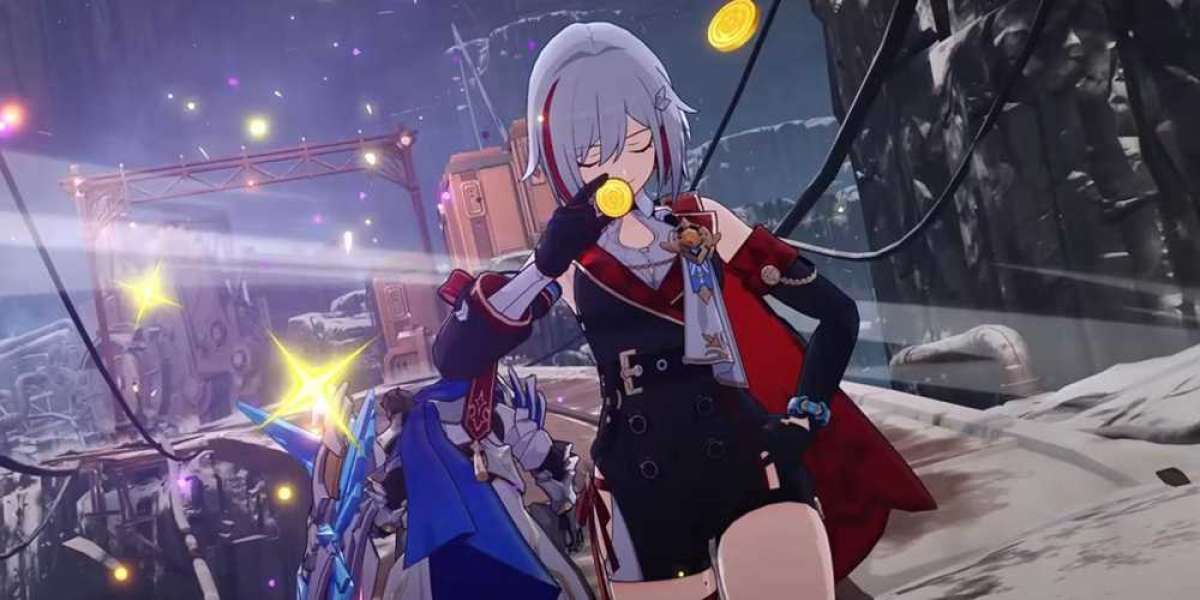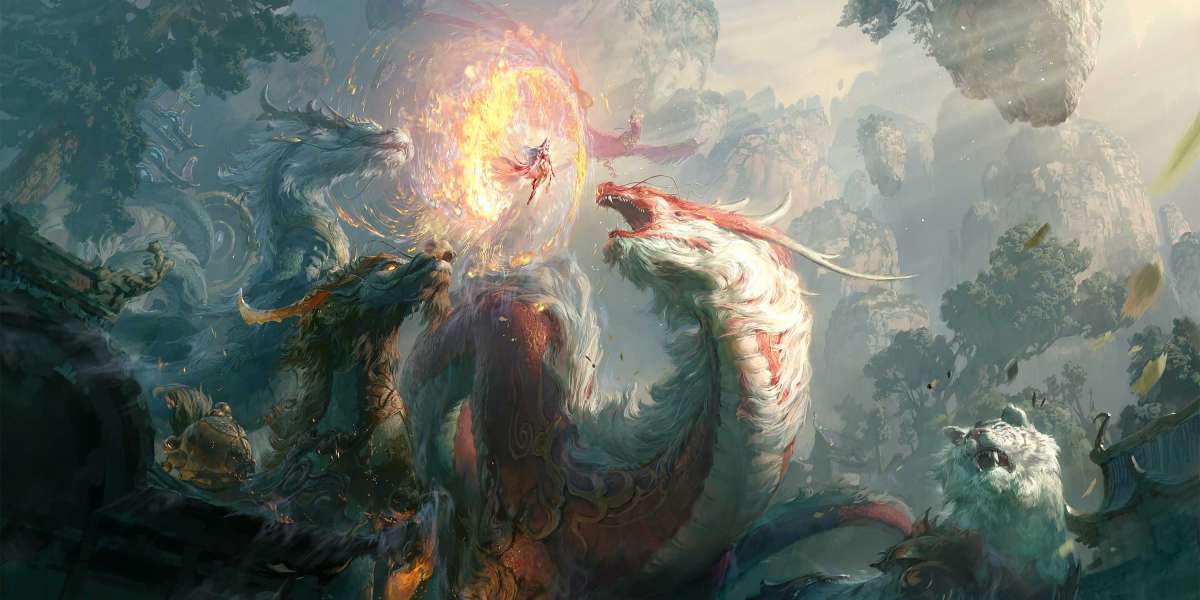Introduction:
In the tumultuous year of 1968, an extraordinary event unfolded in the heart of Europe, capturing the world's attention and bringing hope for a brighter future amid the darkness of the Cold War. Known as the Prague Spring, this remarkable period of political and cultural reformation in Czechoslovakia quickly became a symbol of the aspirations of a nation yearning for democracy, freedom, and self-determination. Taking place from January to August, the Prague Spring would ultimately be crushed by outside forces, but its impact on the world would forever reshape the course of history.
Background:
In 1968, Czechoslovakia found itself under the iron grip of the Soviet Union and its communist regime. Dissatisfaction among the populace had been mounting for years, fueled by a desire for political liberalization, freedom of speech, and an end to censorship. The charismatic Alexander Dubček emerged as the leader of the reformist faction within the Communist Party, advocating for socialism with a human face and envisioning a more open and pluralistic society.
The Reformist Period:
With Dubček at the helm, Czechoslovakia embarked on a series of unprecedented political and social reforms. The government eased restrictions on the media, allowing newspapers and magazines to freely discuss previously forbidden topics. Artists, writers, and intellectuals flourished during this period of cultural openness, and a sense of euphoria permeated the air as restrictions on personal freedoms started to crumble.
The Prague Spring:
The Prague Spring reached its peak in April 1968 when the Czechoslovak Communist Party held its 14th Congress. During this landmark event, the party endorsed the Action Program, a groundbreaking document that aimed to decentralize power, protect civil liberties, and usher in democratic socialism. The program received overwhelming support, further bolstering the aspirations of the Czechoslovak people.
International Implications:
The Prague Spring reverberated far beyond the borders of Czechoslovakia. It inspired hope among other Eastern European countries under the Soviet sphere, who saw a glimmer of possibility for their own quest for democracy. Western nations, too, applauded the reforms, with many seeing the Prague Spring as a potential turning point in the Cold War. However, the Soviet Union and its allies saw the growing liberalization in Czechoslovakia as a direct threat to their control over Eastern Europe.
The End of the Prague Spring:
Fearful of losing their grip, the Soviet Union and its Warsaw Pact allies decided to intervene. In the early hours of August 21, 1968, Soviet tanks and troops invaded Czechoslovakia, brutally suppressing the Prague Spring. The reformists were arrested, and the country was plunged back into an era of oppression and censorship.
new balance 2002r protection pack arctic grey purpleLegacy and Impact:
yeezy 350 in a men 6Although the Prague Spring was ultimately crushed, its impact on the broader world cannot be overstated. The events of 1968 in Czechoslovakia highlighted the yearning for freedom and democracy held by people living under autocratic regimes. It served as a stark reminder of the challenges faced by those striving for change while living in the shadow of superpowers. The Prague Spring became a symbol of hope and resilience, inspiring future generations in their fight for self-determination, human rights, and democratic principles.
air jordan hydro 4 retro







